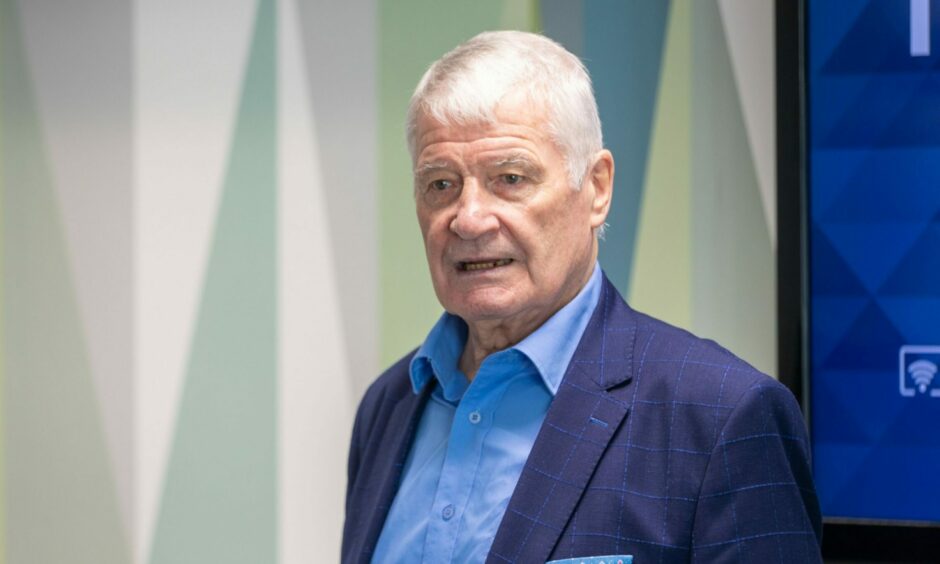
Archie Knox stood on the Dens Park terraces as a boy and dreamed of pulling on the dark blue shirt.
The man who was set on the road to managerial success by Jim McLean can still recite every name in the 1962 League Championship-winning team.
Knox was there when Dundee won the league at Muirton Park and followed his heroes up and down the country during that golden era.
“Liney, Hamilton, Cox, Seith, Ure, Wishart, Smith, Penman, Cousin, Gilzean and Robertson are names which roll off the tongue for Dundee fans of all ages,” he said.
“There I was, a kid trying to make his way in football, and there was a side showing you the standards you had to reach.”
George McGeachie, Bobby Waddell, Alex Stuart and Craig Brown made up the squad of 15 and all played their part.
But that famous XI missed so few games during the 1961/62 season that it was they alone who became known as the Dundee FC league-winning team.
“When Dundee won the won the league, my father and I, and one of my brothers, missed only one game – Partick Thistle away – during that whole season,” said Knox, who grew up in Tealing.
“I think they fielded 14 or 15 players that whole season, which was incredible because nowadays you get teams who are fielding 16 players in a single match!
“Who was my hero? They were all my heroes during that season.
“The following year I was there on the terracing for all the European Cup games at Dens including the famous 8-1 win against Cologne, which was unbelievable.
“I’m convinced that, with the rub of the green, they would have won the competition because they were done over in Milan but the team gave us some great memories.
“What were the crowds like back then? 40,000 at Dens?
“It was a wonderful time to be a Dundee supporter.”
From Tealing to Tannadice
The former Perth High School pupil started his career as a midfielder and spent five years with Forfar Athletic before signing for St Mirren in 1970 at the age of 23.
In January 1972 he became Jim McLean’s second Dundee United signing for a fee of £3,000 and made his Tangerines debut against Hibernian at Easter Road.
Knox said his biggest disappointment during his spell at Tannadice was United’s performance in the 1974 Scottish Cup final against Celtic when they lost 3-0.
So what was it like working under McLean?
“He was a great coach and I learned so much under him,” he said.
“Jim was old school yet he was ahead of his time and tactically astute.
“He didn’t mince his words in the dressing room and you were never left in any doubt as to how you had played because you knew immediately at half-time or full-time.
“Forget reviewing things on a Monday morning – he told you there and then!”
McLean encouraged Knox to take up coaching and he became part of the backroom team alongside Walter Smith, working on developing some of the club’s emerging young players, like David Narey, John Holt and Graeme Payne.
Starting out at Station Park
In July 1976, he joined Montrose and later returned to Forfar as player/manager.
Knox’s potential as a manager emerged when he took his Second Division club to a shock League Cup semi-final meeting against Rangers at Hampden in 1978.
The history books show that Jock Wallace’s men went on to win the match 5-2 in extra-time but Knox had started to build a reputation nonetheless.
His success with Forfar was spotted by Aberdeen boss Alex Ferguson, who took him to Pittodrie as his assistant following the departure of Pat Stanton to Hibernian.
“Sam Smith was the chairman at Forfar, and his influence was phenomenal, because if he hadn’t been there I would never have survived in football,” said Knox.
“Then I was lucky enough to get a job like Aberdeen in 1980.
“I didn’t really know Alex, although I had met him on a couple of coaching courses and I think Jim McLean had a huge influence on that.
“Alex and Jim were quite close and I’m eternally grateful for getting that opportunity.
“Alex asked when could I start and I said the next day.
“With my job at Webster and Pattullo in Forfar, and my part-time work at Station Park, I was on £8,000 a year and Aberdeen offered to put it up to £9,000.
“Then I realised I had a car at Forfar and wasn’t getting one at Aberdeen.
“So I was worse off and knew that even Walter got a car from Jim at United!
“So the extra £1,000 was spent on a new motor!”
Returning to Dens Park in 1983
Knox shared in many of the Dons triumphs including the European Cup Winners’ Cup before accepting the challenge of becoming Dundee manager in December 1983.
In his first season with the club, Dundee narrowly avoided relegation from the Premier League, but, with a totally re-shaped side, including the signings of John Brown, Stuart Rafferty and Graham Harvey, improved to challenge for a place in Europe in 1984/85.
And, after a close-season tour of North America and pre-season tour of West Germany, getting into the Uefa Cup was Knox’s prime aim when they started the 1985/86 season.
Dundee and Rangers were vying for fifth place in the league before it all came down to one of the most dramatic final days in Scottish football history on May 3 1986.
A win for Dundee against Hearts at Dens Park and defeat for Rangers against Motherwell at Ibrox would have seen Knox’s side secure a place in the Uefa Cup.
Boyhood Celtic fan Albert Kidd was left on the bench by Knox for the famous fixture but he changed the course of Scottish football history after coming on in the 61st minute.
Kidd’s two goals as a substitute against the Jambos – who only needed a draw to win the 1985-86 title – handed the league to Celtic, 5-0 winners over St Mirren.
“What people forget is that Dundee could have qualified for Europe with a win that day but Rangers won 2-0 against Motherwell and finished above us,” said Knox.
Manchester United and Rangers
Knox returned to Aberdeen and followed Ferguson to Manchester United in 1986.
“It was all done in 30 seconds,” he said. “Maybe less.
“Straight away, he tried to stamp the drinking culture out at Old Trafford.”
Knox spent four-and-a-half years with Ferguson and won the FA Cup in 1990 and the European Cup Winners’ Cup in 1991 before he moved to Rangers.
The late Walter Smith was now in charge following the departure of Graeme Souness and the Smith-Knox partnership that started life at Tannadice soared to new heights.
There was the famous 1992/93 Champions League run (where Rangers were a game away from reaching the final) and domestic success including seven league titles.
Wayne Rooney and Ryan Giggs
Smith and Knox left Rangers and went on to have a four-year spell at Everton that included handing a league debut to a certain 16-year-old named Wayne Rooney.
“There’s only ever been two players at the age of 13 that I have known would make it and they were Ryan Giggs and Wayne Rooney,” he said.
“Scholes, Butt, Beckham, the Neville brothers?
“Not aged 13 – but there was never any doubt with Giggs and Rooney.”
Spells alongside Craig Brown with the Scottish national side and Aberdeen followed before he finished his career with a 2014 scouting role at Dens under John Brown.
Knox spoke to me before talking about his life and times in football with the Dundee FC and Grey Lodge Football Memories groups at the Gardyne campus in Dundee.
“I’ve had a fantastic time in football,” he told them.
“I couldn’t have been luckier.”
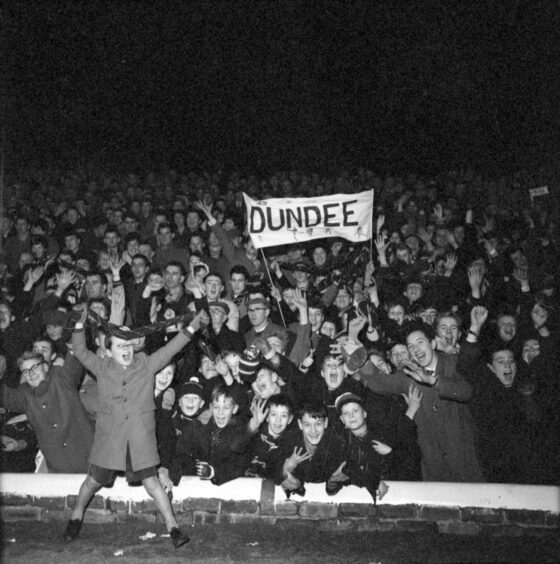
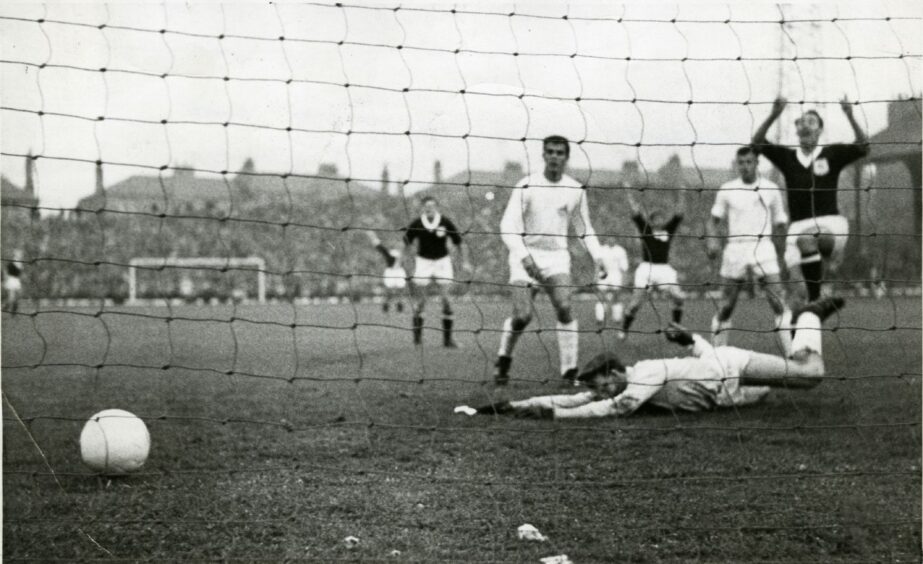
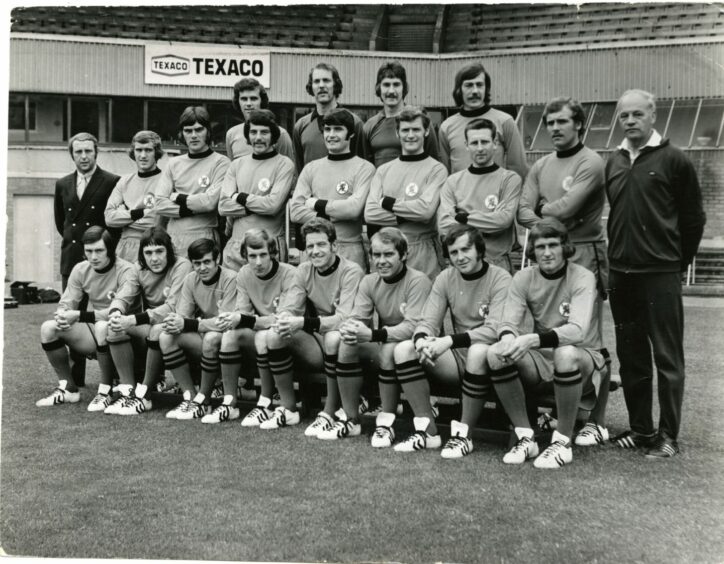
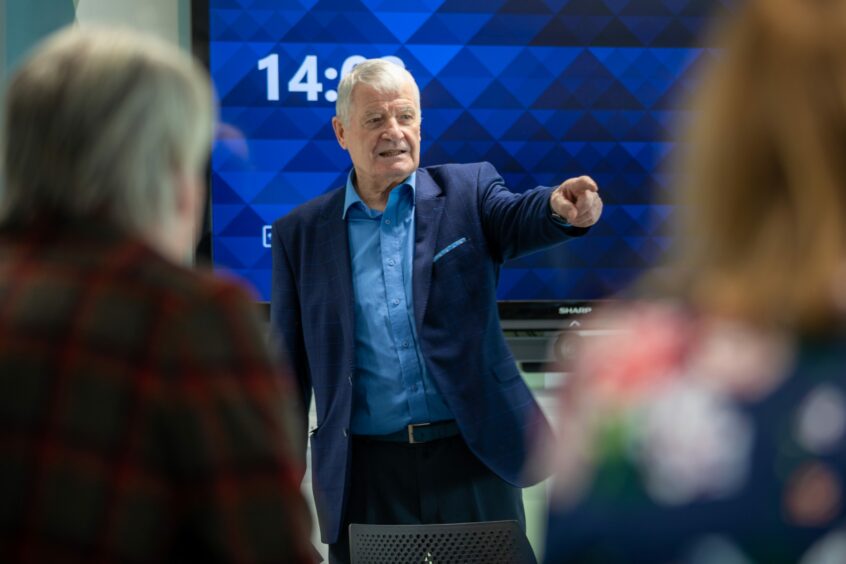
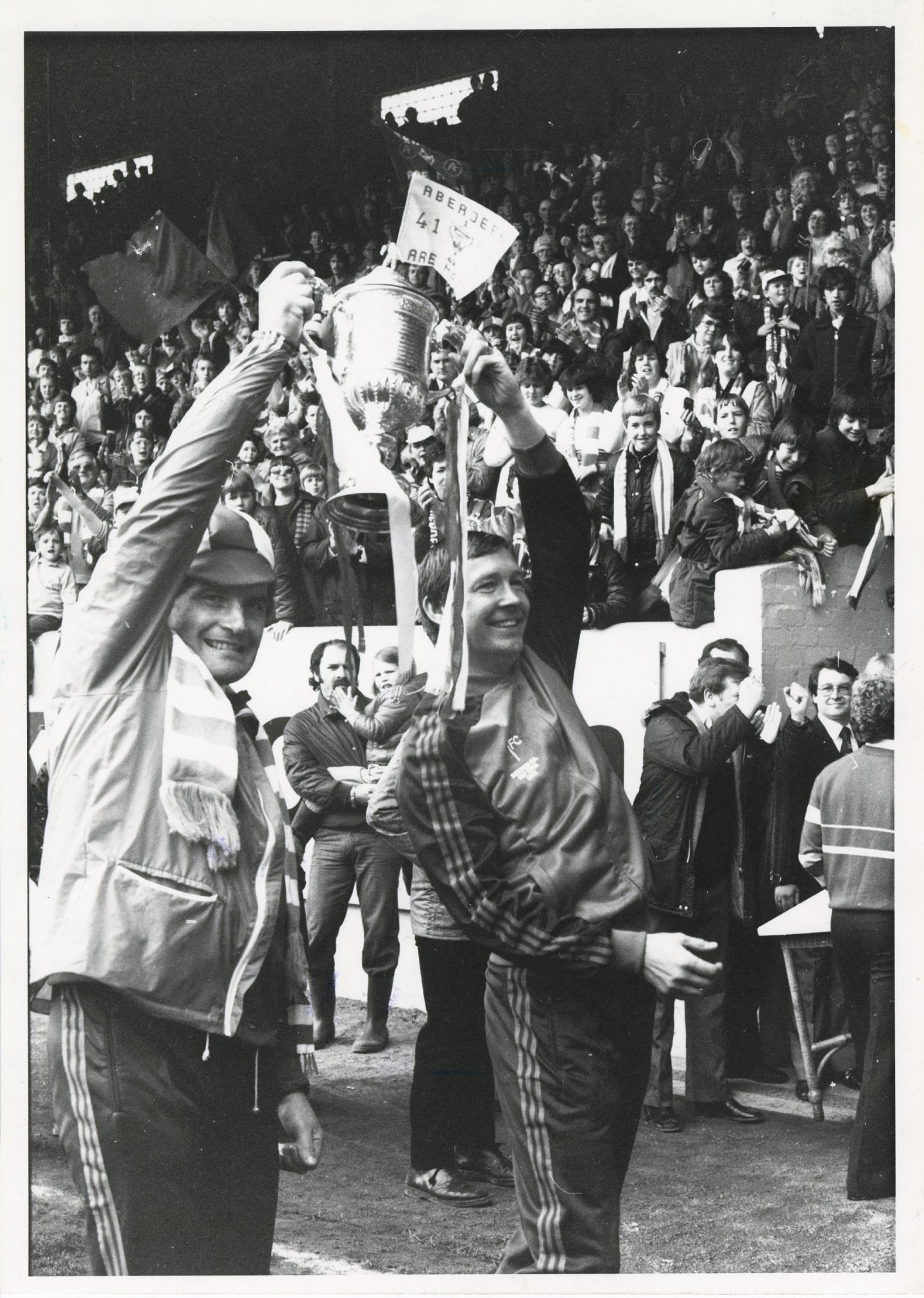
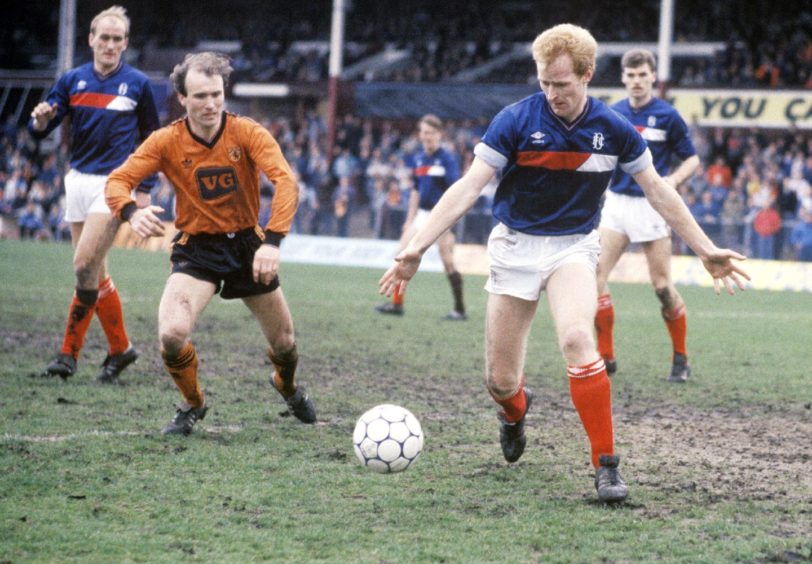
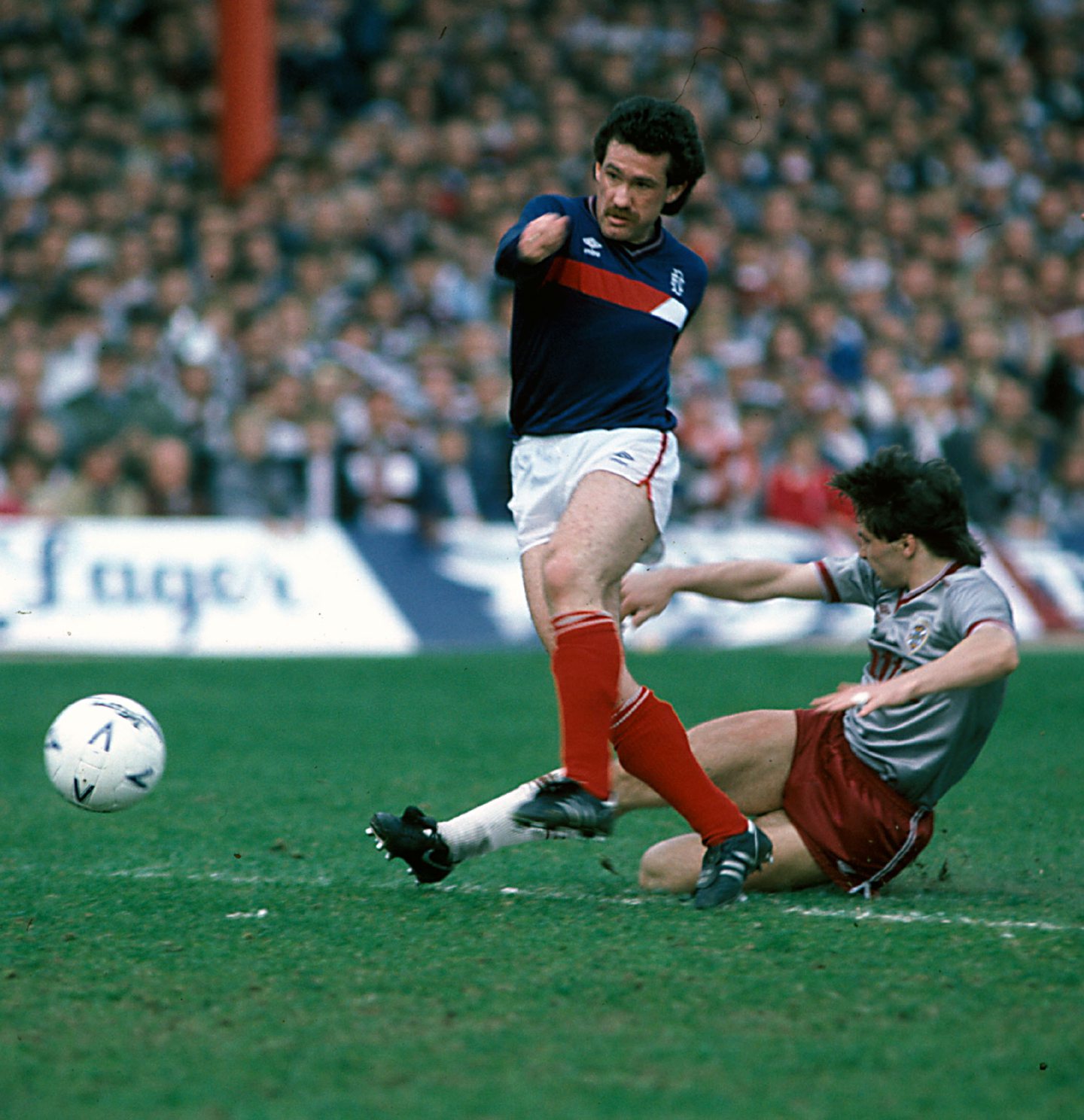
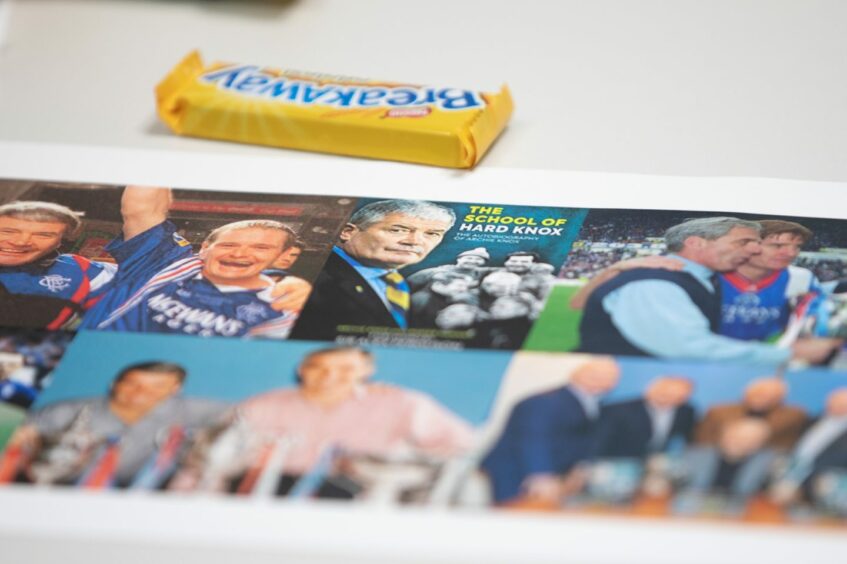

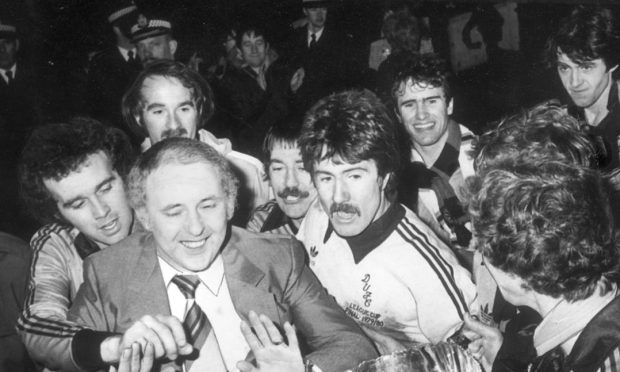


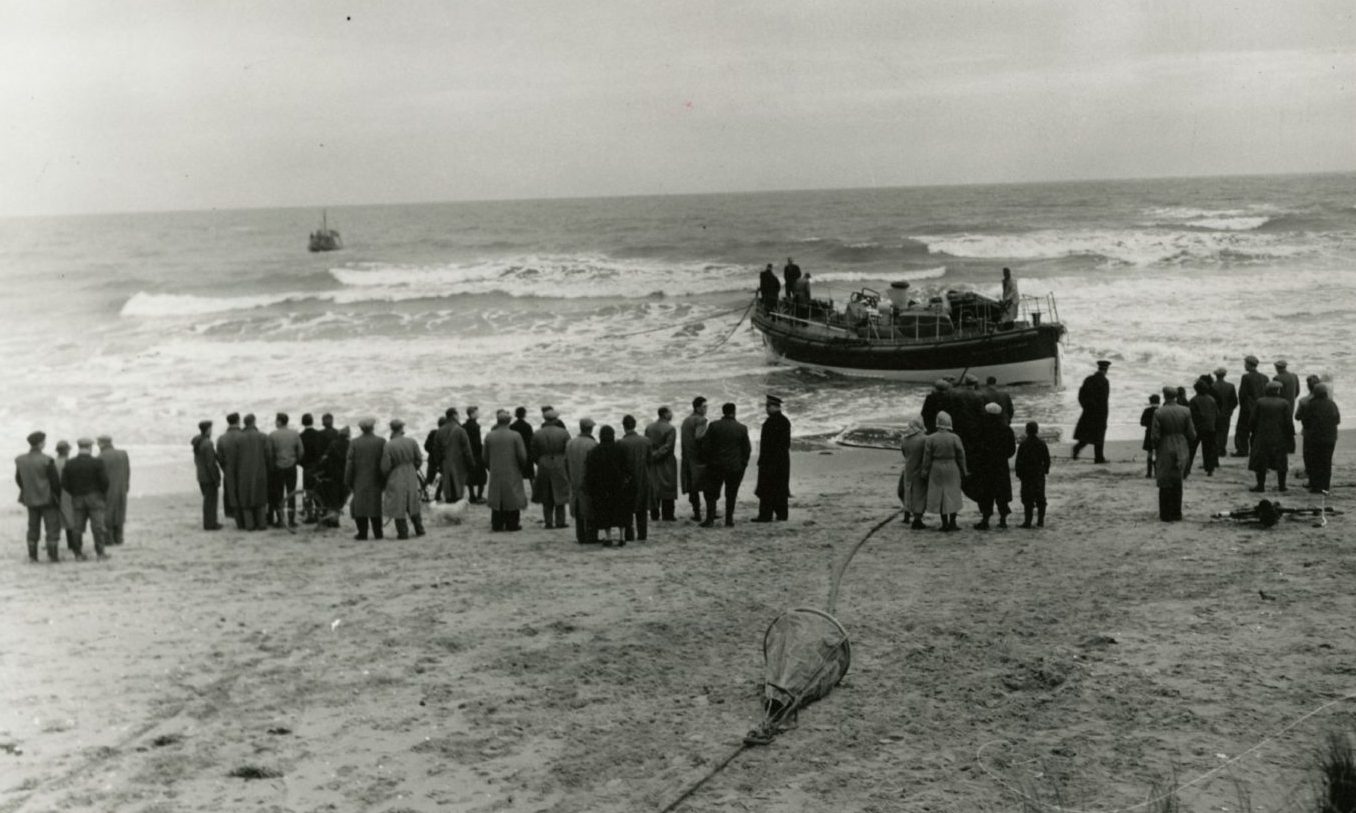
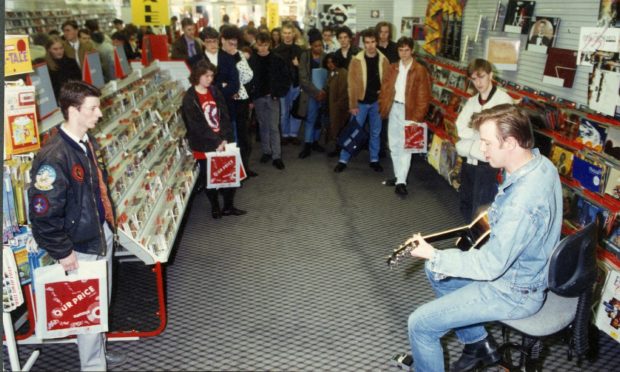
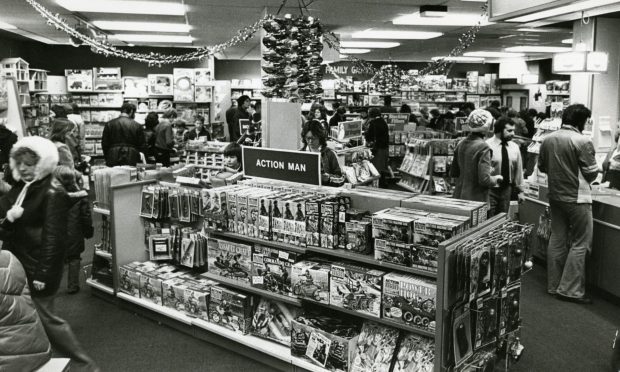
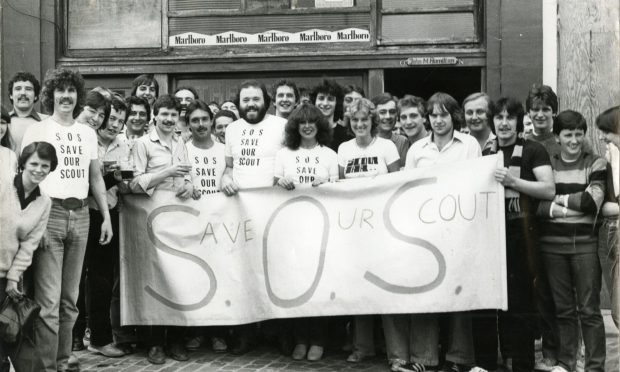
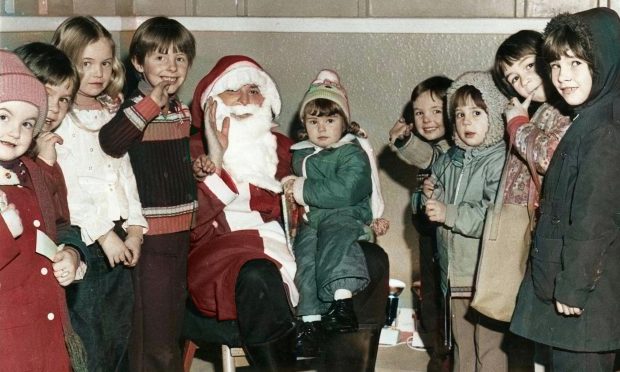
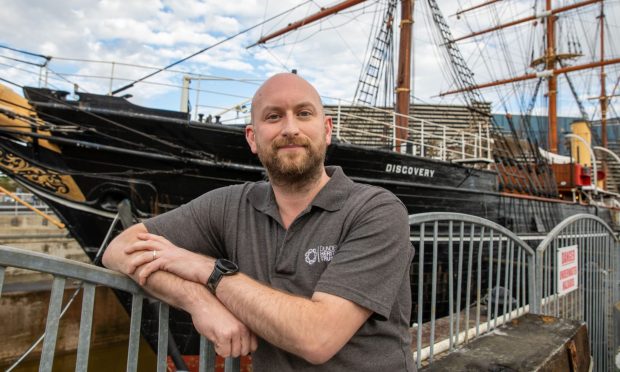
Conversation